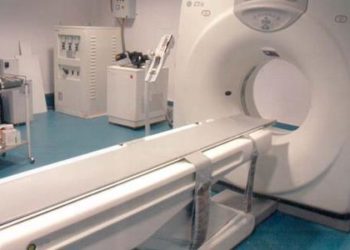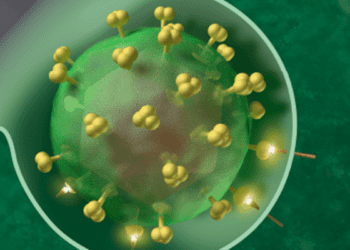Childbearing decreased after C-sections
Image: PD
1. Women delivering for the first time via Cesarean delivery were less likely to have a subsequent live birth.
2. Women experiencing pregnancy and childbirth complications during their first delivery were less likely to have a subsequent live birth.
Evidence Rating Level: 2 (Good)
Study Rundown: This study used delivery data from over 50,000 primiparous women to determine whether Cesarean delivery, a common procedure in the U.S., is associated with decreased subsequent childbearing. Existing literature has produced mixed results. The present work uses a large study sample to evaluate the role of method of delivery and childbirth complications in subsequent childbirth.
Results may not be generalizable to countries with lower rates of Cesarean deliveries or different fecundity rates. Furthermore, loss to follow-up and lack of qualitative data about subsequent childbirth may impact validity. Future studies following patients across states and including a survey component to evaluate reasons for not having additional children would provide further insight into the relationship between C-sections and subsequent fertility.
Click to read the study in Human Reproduction
Relevant Reading: Caesarean delivery and subsequent stillbirth of miscarriage: systematic review and meta-analysis
In-Depth [retrospective cohort study]: This study used Pennsylvania state birth certificate and hospital discharge records to identify primiparous women with a vaginal delivery (n=40,213) and those with a Cesarean delivery (n=12,285). Mode of delivery (spontaneous vaginal, operative vaginal, Cesarean), demographics, pregnancy and childbirth complications were examined.
Cesarean delivery was associated with increased risk of not having subsequent live birth (RR 1.15, CI 1.11-1.19). Delivery complications were inversely proportional to chance of subsequent live birth, where 68.9% of women with no complications went on to have a subsequent live birth, compared with only 62.5% of women who had ≥2 complications. Age ≥35 years and gestational age <34 weeks were also associated with increased risk of no subsequent live birth.
By Denise Pong, MPH and Leah Hawkins, MD, MPH
More from this author: Episiotomies and epidurals reduce odds of obstetric anal sphincter injury, Fetal inflammatory response syndrome linked to poor neonatal outcomes, Induced and augmented labor associated with autism, Viagra provides pain relief in primary dysmenorrhea, Longer duration of breastfeeding improves childhood cognition
© 2013 2minutemedicine.com. All rights reserved. No works may be reproduced without expressed written consent from 2minutemedicine.com. Disclaimer: We present factual information directly from peer reviewed medical journals. No post should be construed as medical advice and is not intended as such by the authors, editors, staff or by 2minutemedicine.com. PLEASE SEE A HEALTHCARE PROVIDER IN YOUR AREA IF YOU SEEK MEDICAL ADVICE OF ANY SORT.









